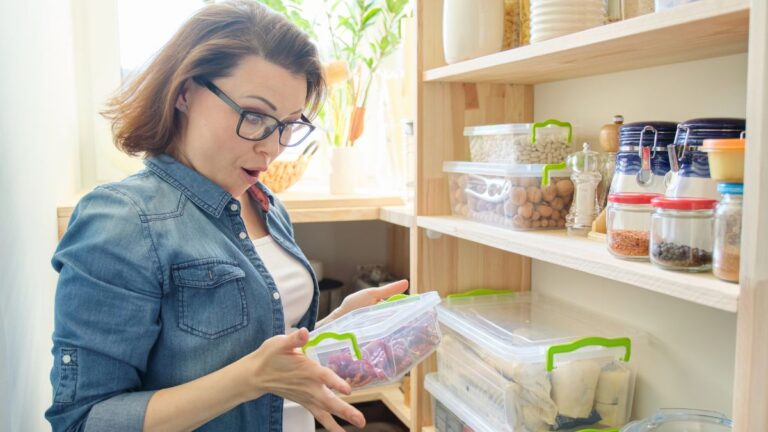15 Smart Hacks to Help Your Groceries Last Longer
Keeping groceries fresh for as long as possible can save you time, money, and trips to the store. Many people throw away food because it spoils before they can use it, but with a few simple tricks, you can extend the life of your fruits, vegetables, and other items.
From proper storage techniques to repurposing leftovers, these smart hacks will help you make the most out of your groceries. Follow these tips to reduce waste and ensure your food stays fresh longer, so you can enjoy it at its best.
Store Bananas Separately
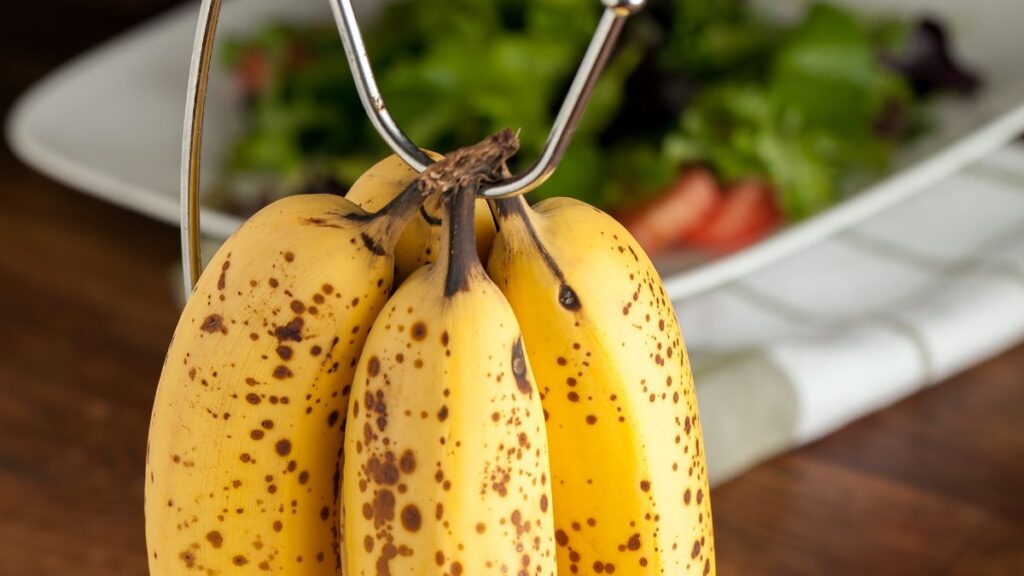
Bananas release a gas called ethylene, which can cause nearby fruits to ripen faster. To prevent this, store bananas away from other fruits and vegetables. You can also wrap the stem of the bunch in plastic wrap to slow down the release of ethylene.
If you have ripe bananas, pop them in the fridge to keep them fresh for a few extra days. The peel may darken, but the fruit inside will stay good for longer.
Keep Herbs Fresh in Water
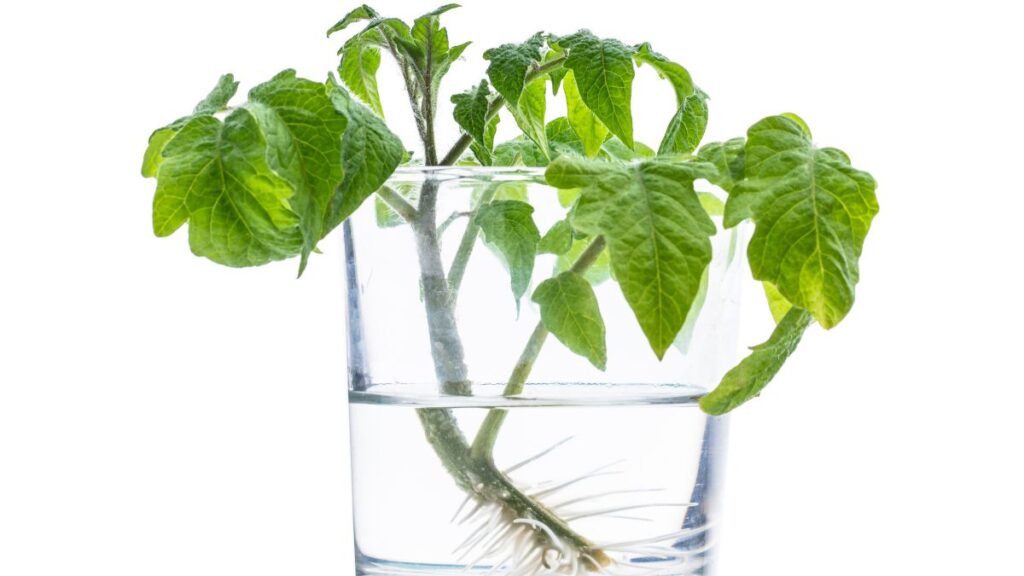
Fresh herbs can wilt quickly, but storing them like flowers can help them last longer. Trim the stems and place your herbs in a jar of water, like a bouquet.
Cover the leaves with a plastic bag and store them in the fridge. This method works especially well for herbs like cilantro and parsley. Change the water every few days to keep them fresh and vibrant.
Wrap Leafy Greens in Paper Towels
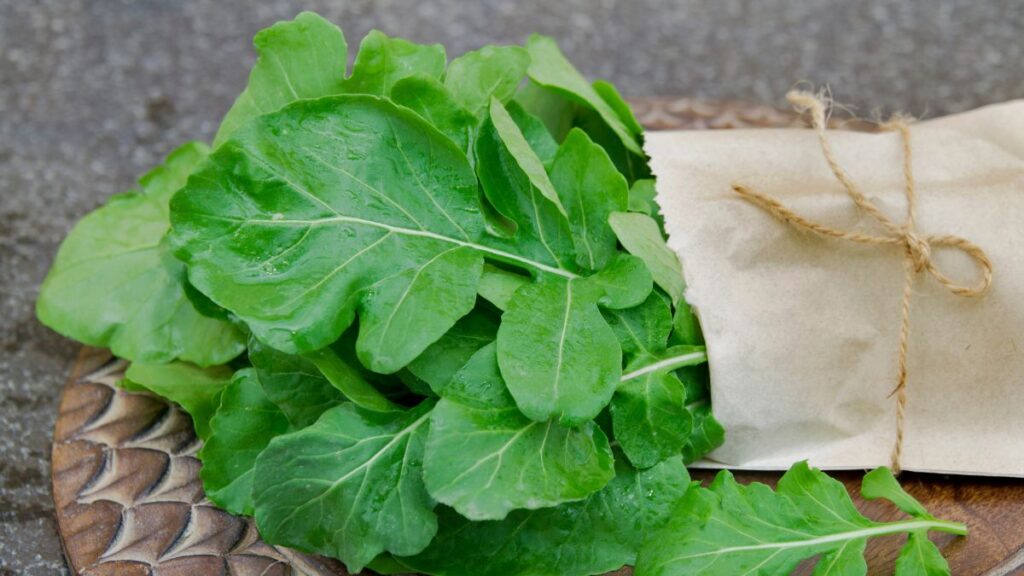
Leafy greens like spinach and lettuce tend to get soggy in the fridge. To avoid this, wash them thoroughly and dry them with a clean towel. Once they are dry, wrap them in paper towels and place them in a resealable bag or container.
The paper towels will absorb excess moisture, preventing the greens from wilting too quickly. This simple trick can add days to the freshness of your greens.
Freeze Bread
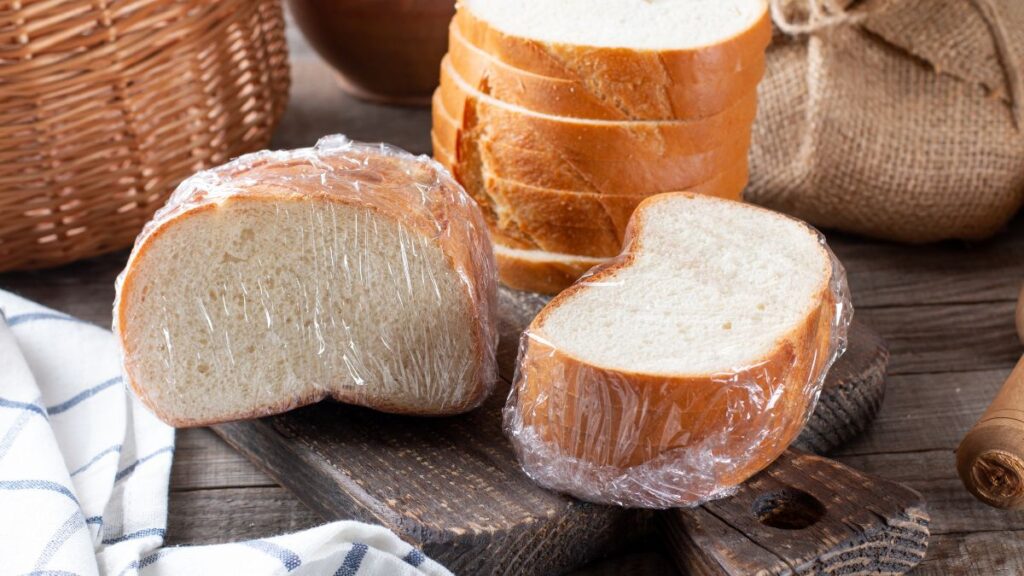
Bread can go stale quickly, but freezing it can help extend its life. Slice the bread before freezing so you can take out only what you need.
When you’re ready to eat it, just toast or heat the slices straight from the freezer. This prevents waste and ensures you always have fresh bread on hand. Frozen bread can last for weeks, if not months, in the freezer.
Store Onions and Potatoes Separately
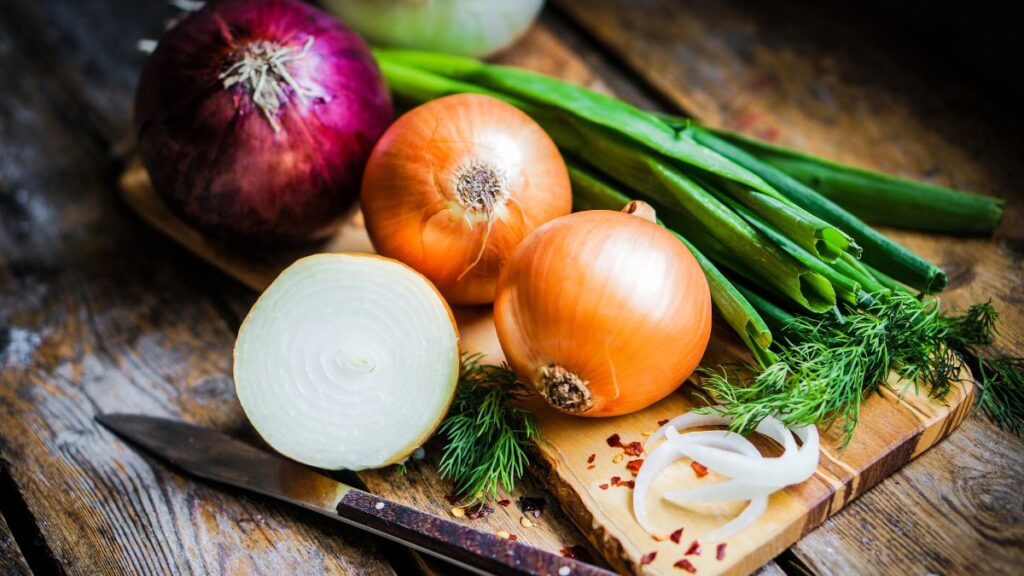
Onions and potatoes may seem like natural storage partners, but they shouldn’t be kept together. When stored together, onions release moisture and gases that can cause potatoes to spoil faster.
Instead, store them in separate, cool, dry places. This will help both onions and potatoes stay fresh for a longer time. Keep potatoes in a dark space to avoid sprouting.
Use Vinegar for Berries

Berries, especially strawberries and raspberries, can mold quickly. To keep them fresh longer, rinse them in a mixture of vinegar and water before storing. Mix one part vinegar with three parts water, then rinse the berries and dry them thoroughly. The vinegar helps kill mold spores, extending the life of your berries. Store them in a paper towel-lined container in the fridge for best results.
Store Milk in the Coldest Part of the Fridge
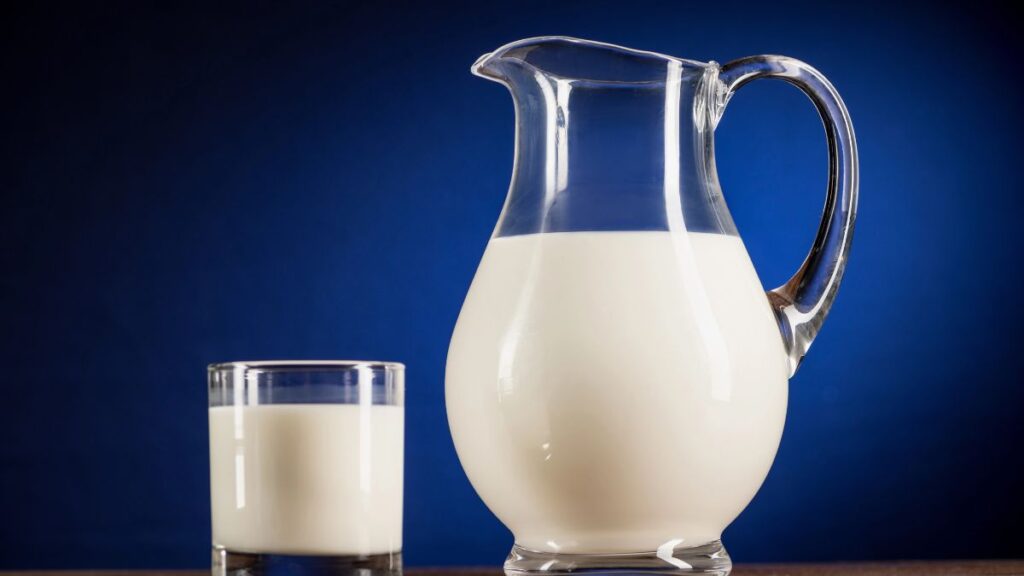
Milk can spoil quickly if it’s not kept cold enough. Instead of storing milk in the fridge door, where temperatures can fluctuate, place it in the back of the fridge. This is usually the coldest part of the refrigerator, which helps keep milk fresh longer.
Make sure the fridge is set to the proper temperature—around 37°F (3°C)—to maximize freshness. This small change can give your milk a few extra days of shelf life.
Freeze Leftover Herbs in Olive Oil
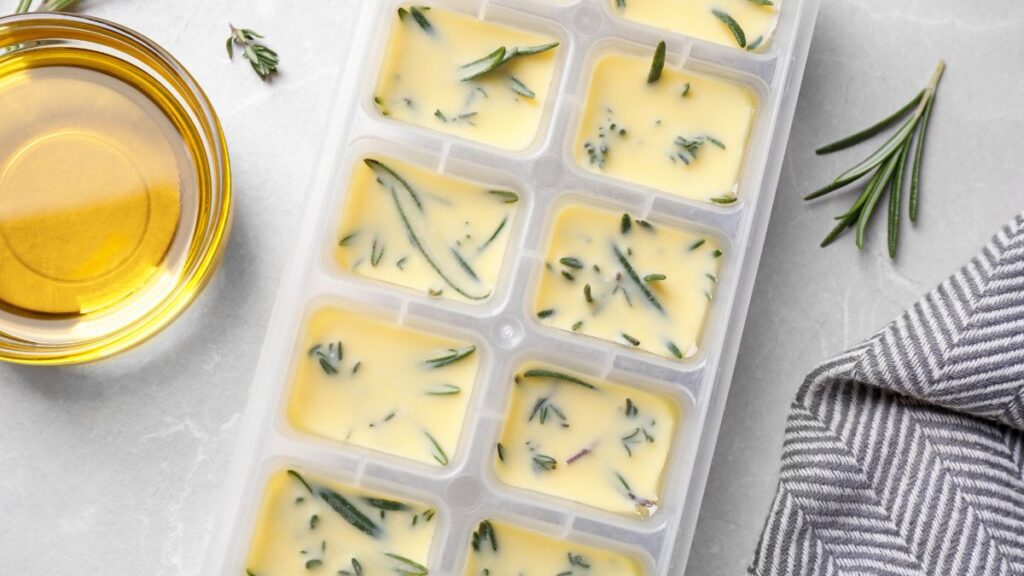
If you have leftover herbs that are starting to wilt, don’t throw them away. Chop them up and freeze them in ice cube trays filled with olive oil.
Once frozen, pop the herb cubes out and store them in a resealable bag. You can then use these herb-infused oil cubes for cooking soups, sauces, and stir-fries. This method preserves the flavor of the herbs and prevents waste.
Store Apples in the Fridge

Apples are often kept on countertops, but they actually last much longer when stored in the fridge. The cold temperature slows down the ripening process, keeping them crisp and fresh for weeks.
Just make sure to keep them away from vegetables like leafy greens, as apples release ethylene gas that can cause other produce to spoil. A dedicated drawer for fruit in the fridge works well for this purpose.
Keep Tomatoes at Room Temperature
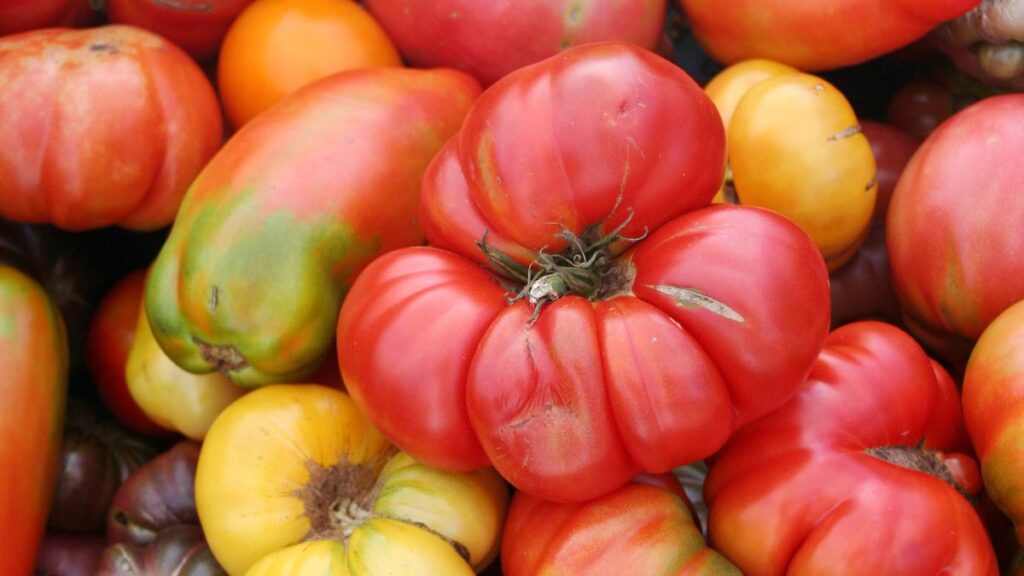
Unlike apples, tomatoes should be kept out of the fridge. Cold temperatures can affect their texture and flavor, making them mealy.
Instead, store tomatoes at room temperature, away from direct sunlight. Once they ripen, you can refrigerate them if necessary, but it’s best to eat them soon after ripening for the best flavor. Storing them stem-side down can also help them stay fresh longer.
Freeze Meat in Smaller Portions
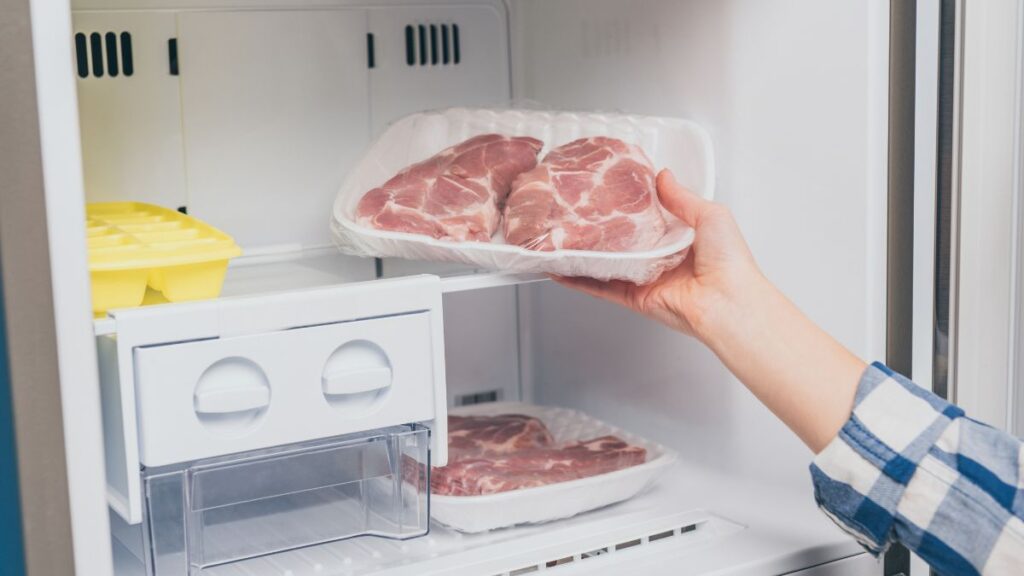
Freezing meat is a great way to make it last, but freezing large portions can lead to waste. Instead, divide the meat into smaller portions before freezing.
This allows you to thaw only what you need and prevents the rest from going bad. Wrap each portion tightly in plastic wrap or a freezer bag to avoid freezer burn. Label the bags with the date to keep track of how long they’ve been in the freezer.
Store Carrots in Water

Carrots can dry out and become limp over time, but storing them in water can help them stay crisp. Place peeled or unpeeled carrots in a container of water, then cover and store in the fridge. ‘
Change the water every few days to keep them fresh. This method works for other root vegetables like celery and radishes as well. You’ll notice your carrots stay crunchy for much longer this way.
Use Mason Jars for Salads

If you’re prepping salads in advance, mason jars are a great tool for keeping ingredients fresh. Layer ingredients with the dressing at the bottom and the lettuce or leafy greens on top. This keeps the greens from getting soggy until you’re ready to eat.
When it’s time to enjoy your salad, just shake the jar to mix everything together. This method is perfect for meal prepping and keeping salads fresh for days.
Store Cheese in Parchment Paper
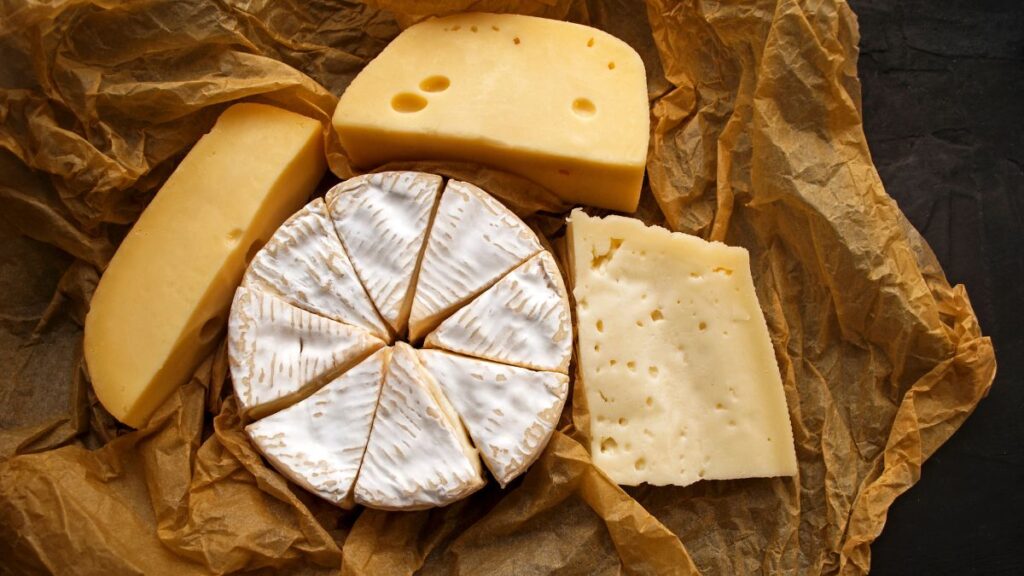
Cheese can dry out or develop mold if it’s stored improperly. Instead of keeping it in plastic wrap, store cheese in parchment or wax paper.
This allows the cheese to breathe while still keeping it from drying out. After wrapping in paper, place the cheese in a loosely sealed plastic bag to maintain freshness. This method is especially useful for soft cheeses like brie and camembert.
Freeze Extra Vegetables for Later Use
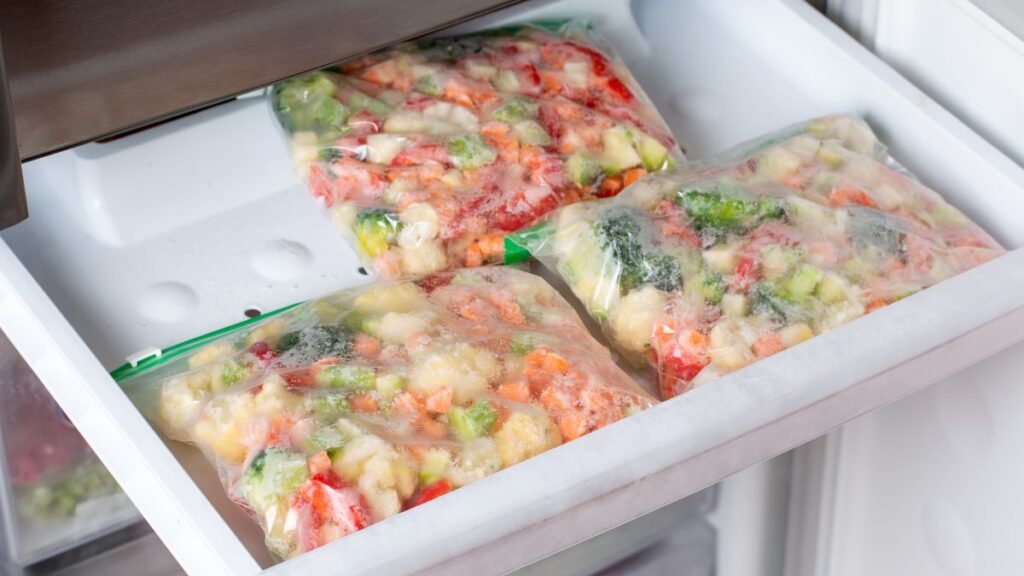
If you have vegetables that you can’t use in time, don’t let them go to waste. Blanch them by boiling for a couple of minutes, then cool them in ice water before freezing. This process helps preserve their flavor, texture, and nutrients. Once frozen, store them in freezer bags and label them with the date. You can use these frozen veggies in soups, stir-fries, and casseroles later on.
15 Places Where You’re Expected to Tip—But You Really Don’t Have To

Tipping has become a widespread practice in many industries, with the expectation that you’ll leave a little extra for good service. However, not every situation truly warrants a tip, even if you feel pressured to give one.
15 Places Where You’re Expected to Tip—But You Really Don’t Have To
15 Most Annoying Habits of American Tourists When Dining Abroad

Traveling abroad is an exciting adventure, and dining in new places is a big part of the experience. However, some common behaviors by American tourists can be frustrating for locals and affect the dining experience.
15 Most Annoying Habits of American Tourists When Dining Abroad






